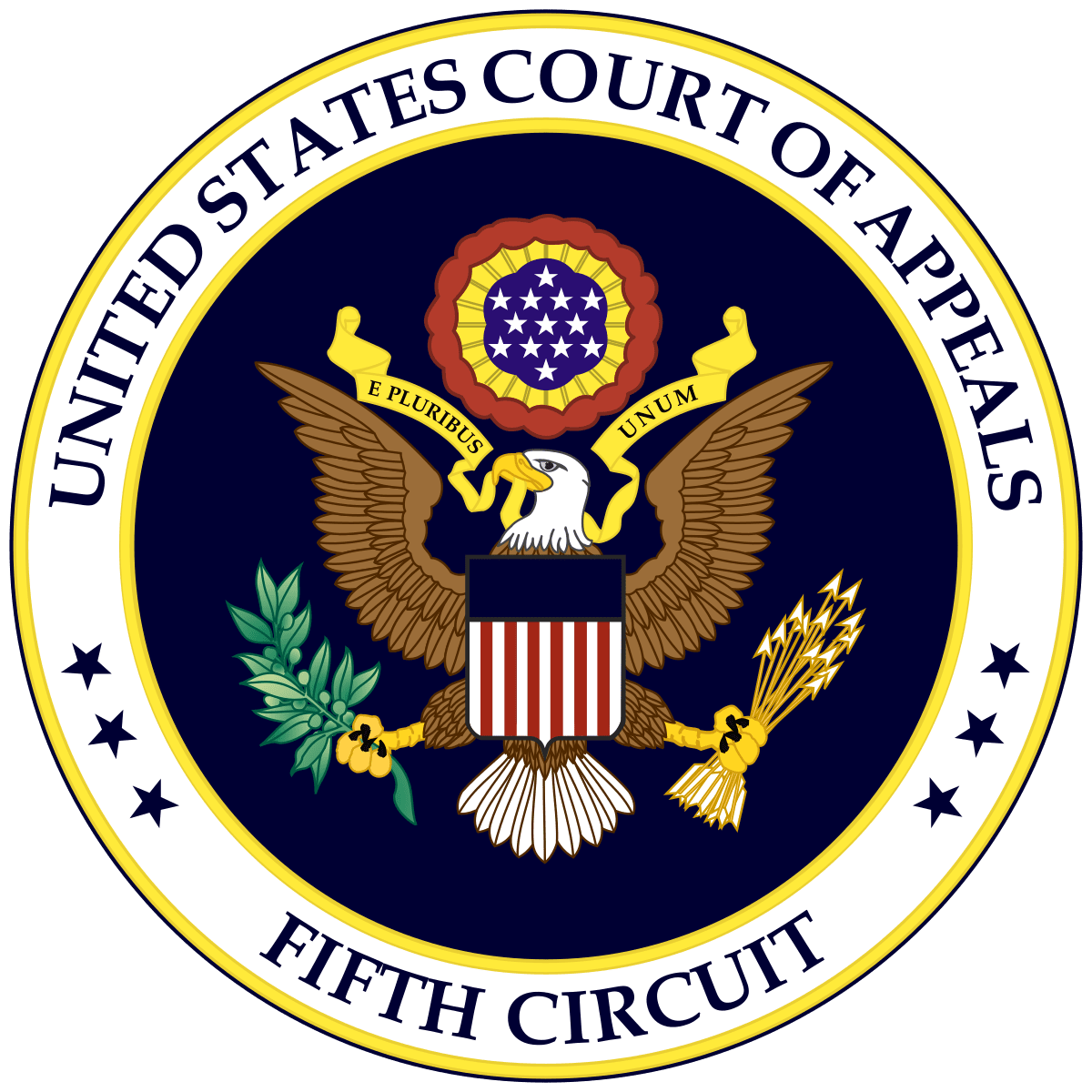On December 2, 2020, CLCMA filed an Amicus Brief (“Friend of the Court”) with the 5th Circuit Court of Appeals in support of reversing Said Rahim’s inflated 30-year prison sentence, and his conviction for material support of terrorism.
Mr. Rahim is an American-Palestinian man who ran his own convenience store along with other family members. He had never committed any crimes and lived at home with his mother. He was neither accused nor convicted of planning any act of terrorism or violence. Mr. Rahim was instead active online, he was on message boards and chat applications where he discussed politics and made inflammatory remarks about ISIS and jihad.
Under the material support and false statements statutes, Mr. Rahim’s online discussions and subsequent statements to government officials would have resulted in a recommended prison sentence of six to eight years. Instead, the Court applied the Terrorism Enhancement which significantly increased his sentence to 30 years in prison.
The Terrorism Enhancement was born out of a visceral reaction to Muslims in the “War on Terror”. It is discriminatory in its application to mostly Muslim defendants, and is founded on the unsubstantiated assumption that Muslims convicted of terrorism-related crimes are inherently incapable of rehabilitation and require lengthy sentences. This is especially unjust and erroneous because many of the Muslims that are subjected to the Enhancement are non-violent first-time offenders that the enhancement automatically re-categorizes as career criminals.
This automatic re-categorization violates the Eighth Amendment’s requirement that punishments be proportional to the offense. Likewise, the Terrorism Enhancement undermines one of the fundamental purposes of the Eighth Amendment—to prevent the government from imposing unnecessarily harsh punishments in cases where it is the victim to avoid dissuading dissent.
Applying the terrorism enhancement results in cruel and unusual punishments that unjustly target Muslims and destroy lives. CLCMA is dedicated to challenging the Terrorism Enhancement and this Amicus Brief is aimed at educating the court about the history of the enhancement, its negative impacts, and its unconstitutionality.
The case is United States v. Said Azzam Rahim, Case No. 19-11341 at the 5th Circuit Court of Appeals.

